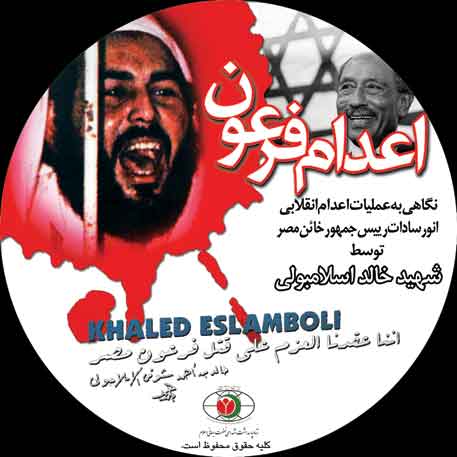Lughat ash-shabab: Fear and loathing at AUC
I’m adding my belated two cents to the discussion here, here, and here on Arabic language instruction that was triggered by this uber-whiney Joel Pollak op-ed. I’ve been taking private Arabic lessons at AUC for around a year now, and recently got a glimpse into the intrigues and fierce debates of its Arabic faculty.
A few months back I attended an in-house conference where several teachers were presenting research papers on the methodology of Arabic teaching to English speakers.
The first few presentations were on orthodox topics of Modern Standard Arabic grammar. The only example I can remember was a paper that statistically analyzed students’ use of masdar forms vs. verbal forms, e.g. why do non-native speakers tend to write the first example below, rather than the second, when both are grammatically correct:
انا اريد ان احصل على …
انا اريد الحصول على …
Most of these papers were dry but interesting. I had never paid attention to the masdar thing, but see how it would be a good way to make my Arabic writing (on the rare occasions when I need to compose something) a bit better.
Then came, as my teacher would say, el-qunbilla, “the bombshell.” It was a presentation calling for AUC to supplement its Arabic curriculum with lughat ash-shabab, “youth language,” which she defined as a set of slang words and expressions used by young Egyptians. It started with a poll of the audience – mostly other Arabic teachers – on a handful of these expressions, which they failed miserably on all but one or two.
From there, the argument developed that learning these expressions would help foreign students relate to and befriend Egyptians their own age, and are also useful for understanding film and television.
From the audience reaction, you would have thought the presenter suggested that teachers strip down to their undies to teach verb conjugation.
A vicious Q&A followed. One questioner spent several minutes ridiculously accusing the presenter of claiming lughat ash-shabab was a distinct language from Arabic. (Just as in English, the Arabic word lugha can mean “language” as in “Spanish language,” or it can refer to syntax and word choice as in “foul language” or “technical language,” which is how it was used in the presentation) Another questioner gave a long diatribe, conflating throughout lughat ash-shabab with “profanity.”
AUC, I believe, has a well-deserved reputation for outstanding Arabic teaching, but it comes with a certain high-brow attitude. Books have been written exploring all the twists and turns of high-brow low-brow, class divides, “vulgarity,” and cultural ideologies in Egyptian society, but suffice it to say that lughat ash-shabab is a flaming turd as far as many of AUC’s Arabic language faculty are concerned.
Here’s how this fits into the debate on al-Kitaab, and teaching Arabic in general. One of the reasons Arabic is so tough is its hugeness.You have religious discourse, Quranic Arabic, classical poetry and prose, literary MSA, media MSA with all its ridiculous expressions translated from English – not to mention the regional colloquial dialects, each with its own high-low spectrum.
Why are you learning Arabic? Are you an anthropologist studying Syrian youth?Elijah’s proverbial MEMRI translator?Are you a Texan convert to Islam?Do you dream of the day when the Charlie Rose Show calls your think tank to book you as a guest?If so, you will require an individualized path of study over the 5-10 years it will likely take to master the language.
Chances are, if you study at an English speaking university you will use Al-Kitaab at some point. But the time you spend with the book will probably be small in comparison to getting the specialized training on the Arabic you need to get you to where you want to go.


